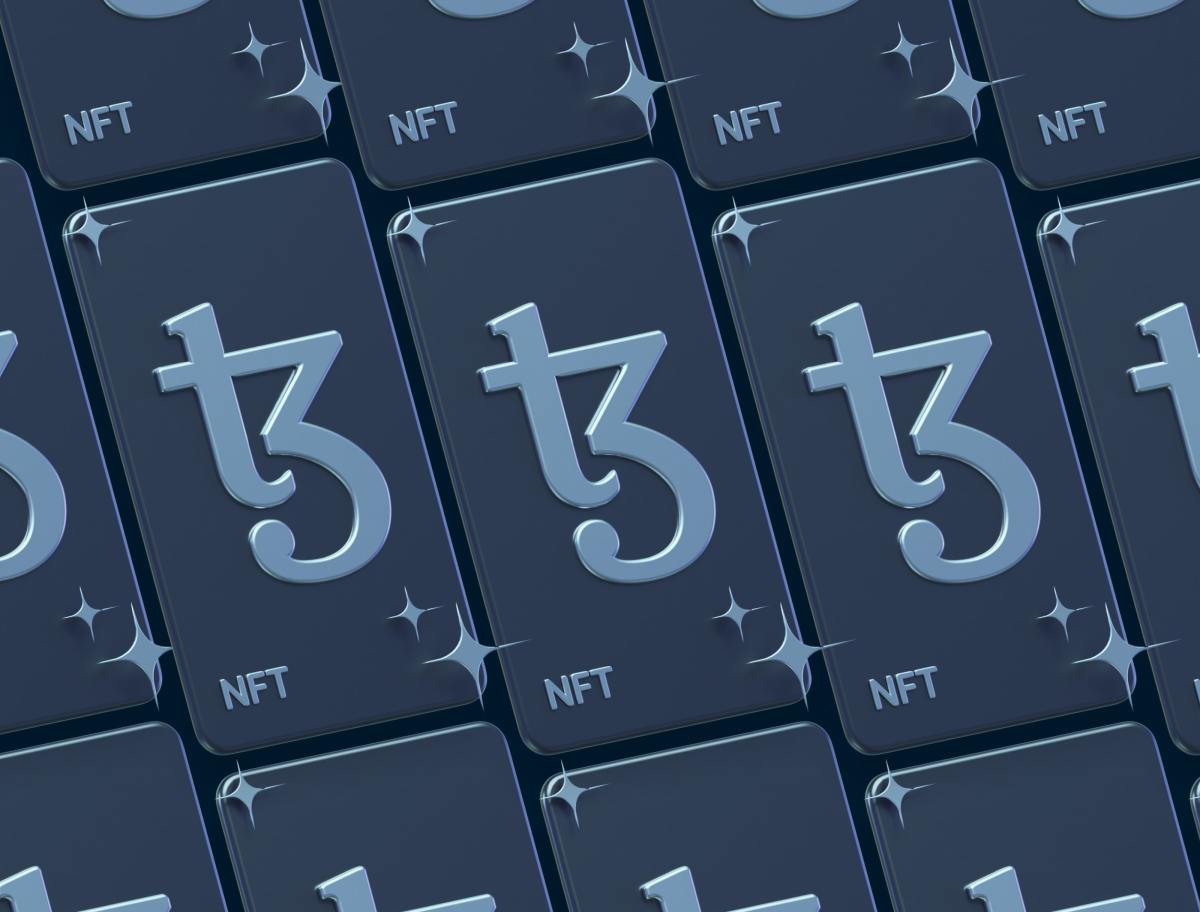RIAA Slams “Scam Operation” HitPiece, Urges NFT Website to Permanently Shutter

HitPiece may have endured the shortest lifespan of any NFT platform thus far, but the implications of its brief existence are still unraveling.
Co-founded by entrepreneurs Rory Felton and Jeff Burningham, HitPiece leveraged Spotify’s API in order to list thousands of NFTs for sale corresponding to singles from innumerable different artists.
The site quickly caused a stir when artists spoke up on social media en masse, claiming no one from HitPiece had consulted them in regards to monetizing their content in NFT format. The swift rebuke caused HitPiece to take down their site as quickly as it popped up, though they suggested the move is merely a temporary measure.
Today, all that remains of the marketplace is a note on the site’s homepage: “We started the conversation, and we’re listening.”
Recommended Articles
Despite HitPiece’s hasty mea culpa, the RIAA is seeking answers as to what exactly occurred while HitPiece was live. Namely, the organization is looking for transactional data. HitPiece previously claimed that no NFTs were sold while the marketplace was live, but the RIAA understandably is not content to take their word for it.
In a letter to HitPiece from the RIAA, the authors call the site a “scam” in no uncertain terms and strongly urge HitPiece’s management to keep the service shuttered permanently.
“As music lovers and artists embrace new technologies like NFTs, there’s always someone looking to exploit their excitement and energy,” wrote RIAA’s Chairman and CEO, Mitch Glazie. “Given how fans were misled and defrauded by these unauthorized NFTs and the massive risk to both fans and artists posed by HitPiece and potential copycats, it was clear we had to move immediately and urgently to stand up for fairness and honesty in the market.”
“HitPiece appears to be little more than a scam operation designed to trade on fans’ love of music and desire to connect more closely with artists, using buzzwords and jargon to gloss over their complete failure to obtain necessary rights,” added RIAA’s Chief Legal Officer, Ken Doroshow. “Fans were led to believe they were purchasing an NFT genuinely associated with an artist and their work when that was not at all the case.”
Read the RIAA’s full statement here.
